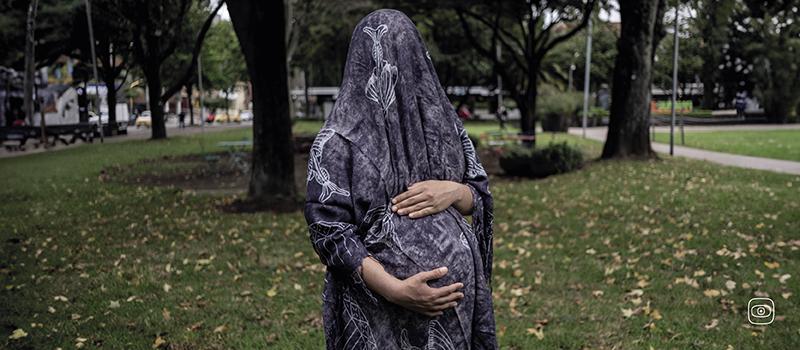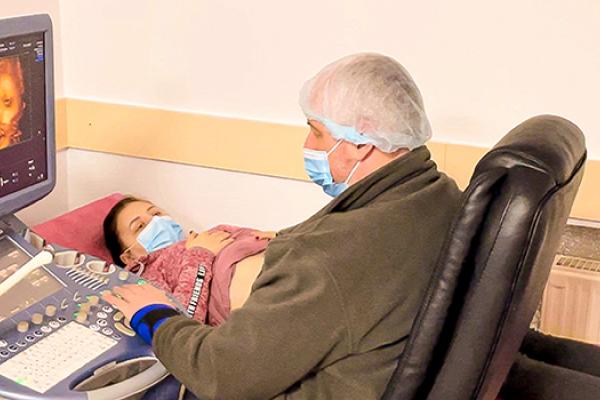This project examines the accelerating international surrogacy industry from two key perspectives across the Atlantic. In Northern Europe, shifting cultural attitudes and favourable legal changes — most notably Ireland’s dramatic shift from conservative Catholic opposition to the adoption of permissive surrogacy laws and Denmark’s decision to restrict commercial surrogacy — are fuelling an increase in demand for both domestic and cross-border arrangements. Meanwhile, lobbyists in Brussels are seeking to influence EU policy by standardising regulations and expanding access across the bloc.
Meanwhile, Colombia has rapidly become a major hub for commercial surrogacy. New clinics and intermediaries are entering the market, while established players are scaling up operations under legally ambiguous conditions. The investigation uncovers how surrogate mothers are recruited through social media and informal networks — often by women who are paid to refer them — and how compensation is funnelled through non-profits or unconventional international transfers to evade scrutiny.
The reporting spans Bogotá, Dublin, Brussels, and Stockholm. Journalists monitored private online groups, visited clinics, reviewed contracts, bank transactions and payment receipts, and interviewed surrogate mothers, recruiters, lawyers, legislators and agency directors. Together, these stories expose the hidden world behind a multi-billion-dollar industry that thrives in the shadows of uneven regulation.
This investigation is a follow-up to The Surrogacy Business in Europe investigation, which examined the surrogacy practices in Spain, Greece, Ukraine, and Georgia, highlighting the differences in their legal environments and market conditions.
On the right: A Venezuelan woman who is 37 weeks pregnant in a park in northern Bogotá. Photograph by Marina Sardiña.










